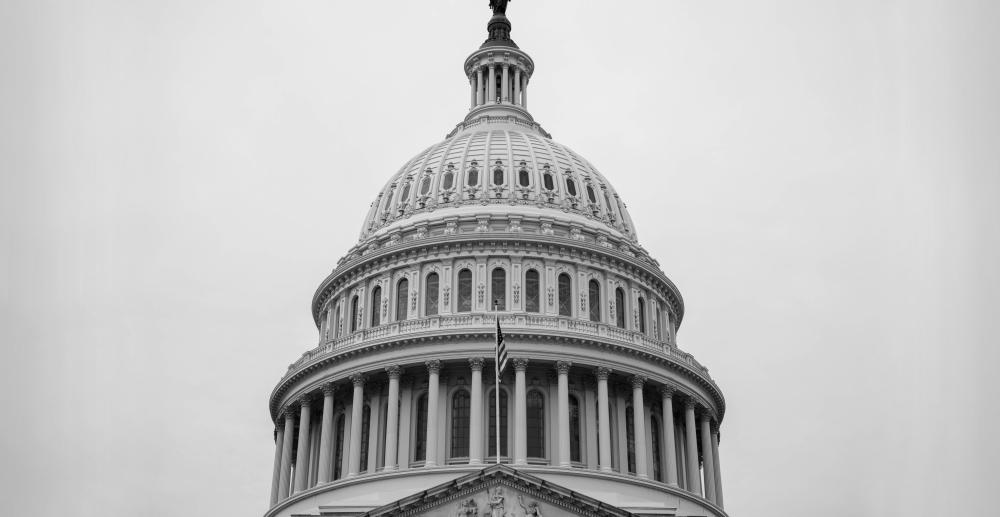Not sure how to celebrate Halloween sober? We’ve got tips on how to make sure your recovery comes first on October 31st.
Facing holidays in recovery from alcohol can feel like an intimidating, daunting task, especially with partying-heavy holidays like Halloween.
Despite what your mind may be telling you, facing such days doesn’t have to be scary. When you’re armed with the right tools and the right attitude, holidays like Halloween can still be a blast. You don’t have to drink in order to dress up, eat candy, or spend time with friends.
Here are a few pieces of advice to make the most of this Halloween while still putting your recovery first.
1. Plan ahead.
As with most things in life, planning ahead can take some of the stress out of a sober holiday. Rather than impulsively making plans with people on Halloween itself, try to feel out what is going on in advance. If someone is planning a get-together, try to get a feel for who may be in attendance and what types of activities may be taking place. If you find yourself feeling nervous and unsure about being around a certain group of people or being in a certain place, you may want to rethink your plans and change them accordingly. Who you surround yourself with plays a big role in the ability to maintain your recovery, and that’s as important on Halloween as it is every other day of the year.
2. Be ready to turn down alcohol.
You may have to spend some time thinking about what you want to say in this situation. My favorite route is telling the truth that I just don’t drink. But not everyone is comfortable with opening up that conversation, which is understandable. If someone asks why you’re not drinking or offers you a drink, and you’re hesitant to say you’re sober, there are a number of other ways to say no to alcohol. Say you’re driving. Say you’re on a medication that doesn’t mix well with alcohol. Say you can’t be hungover the next day. Say you’re not in the mood. Most people won’t question your explanation or reasoning. And if they do, they probably aren’t people you want to be spending time with.
3. Have tasty non-alcoholic beverages on hand.
Honestly, it’s not that much fun to be drinking water all night when at a special event. Sometimes it’s easy to forget that there are other fun, non-alcohol options for beverages. A quick Google or Pinterest search turns up a variety of fun, festive, alcohol-free drink ideas for Halloween. (Or check out Workit Health’s own mocktail recipes!) Before heading to a party, whip something up and bring it along. I’ve found this makes me feel less tempted to be drinking what others are drinking.
4. Enlist the support of a non-drinking buddy.
You know that saying, “There’s power in numbers”? That’s true in recovery, too. For some reason, it just feels better when you’re not the only one not drinking. If you’ve been in recovery for some time, you likely know some peers in the same boat. Don’t be afraid to message or call one of them and ask if they are interested in taking on sober Halloween together. This is a good idea for two reasons: you can keep one another accountable and you can find comfort in the fact that someone else understands.
5. Remember you aren’t obligated to do anything.
Despite potentially feeling like you have to have plans in place for a holiday, just remember you don’t. If you feel like making such plans could threaten your recovery or set you down a negative path, just stay home. Make your night all about self-care. Do the things you love to do that are good for you. Sure, you may have a little bit of self-pity or FOMO going on, but when the morning rolls around and you’ve maintained your sobriety, you’ll be grateful you made the choice you did.
Not being obligated to do anything includes not being obligated to stay. Take care of your own transportation so you can come and go as you need. If you start to feel uncomfortable, triggered, or just plain tired, you can take yourself home. Remember, you have no responsibility to stay all night! Once you hit your Halloween limit, feel free to duck out.
While I’ve found these strategies to be helpful, they may not work for everyone. What’s important as the holidays approach is that you take the time to consider what your triggers may be and how you can best handle them and have a plan in place. You’ll likely find that when you take the time to do so, sober holidays like Halloween can be quite enjoyable.









